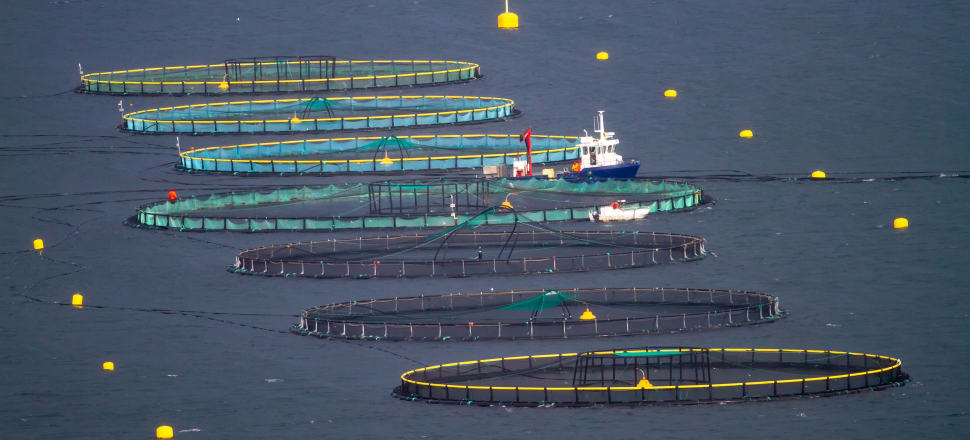
New national direction under the RMA for marine aquaculture won't come any time soon, with the Ministry for Primary Industries cancelling a planned consultation, Marc Daalder reports
Primary industries officials have gone back to the drawing board in their search for regulatory levels to speed the development of New Zealand's nascent aquaculture sector.
The Government released an Aquaculture Strategy in 2019, with a goal of turning the sector into a $3 billion industry by 2035. One of the action items in that strategy was to find ways to help grow aquaculture in New Zealand as part of reforms to the Resource Management Act.
As Newsroom reported in June, that work resulted in plans to alter government instruments governing the consenting of aquaculture to make it easier to trial new methods and to allocate space for fish farming.
READ MORE: * Govt looks at slashing RMA red tape for aquaculture * Salmon farmers seek cooler waters as climate changes
According to a December briefing to then-Oceans and Fisheries Minister David Parker, released under the Official Information Act, current processes under the RMA "take too long and cost too much".
However, plans to release a consultation document by the middle of this year have now been scrapped.
Alastair Cameron, the director of primary sector policy at the Ministry for Primary Industries, told Newsroom that national direction is no longer a priority.
"While national direction is an important tool for improving the management of aquaculture activities, targeted engagement earlier this year on the use of national direction highlighted the need to consider the use of other measures taking into account the content of regional plans, the industry’s opportunities for growth, and the wider set of tools available to Government," he said.
"Officials are therefore no longer planning on consulting on any proposals for new national direction in the short term, and instead are continuing work to identify and assess a wider set of opportunities to improve the management of aquaculture in New Zealand."
Cameron said the Government's general RMA reforms will also benefit aquaculture management in the meantime. He did specify that national direction could come again in the future for aquaculture.
"We are continuing work to identify and assess opportunities to improve the management of aquaculture in New Zealand, including considering the use of national direction," he said.
"Alongside this, MPI is currently progressing a year three review of the National Environmental Standard for Marine Aquaculture (NES-MA). The NES-MA were established in 2020 to provide greater regulatory certainty about the management of existing marine farms requiring replacement consents. The review is assessing how the NES-MA is being implemented and identify any issues that have arisen during implementation of the NES-MA as made. We will undertake formal consultation if any significant changes are identified as appropriate as a result of the review."
A report on the National Environmental Standard will go to ministers later this year, Cameron said.
The new minister, Rachel Brooking, declined to comment.
In June, Environmental Defence Society policy director Raewyn Peart – also the author of multiple books on marine management – had told Newsroom she was concerned about some of the proposed tweaks.
While changes to enable councils to streamline consents for research and trials were welcomed, moves around allocating space for aquaculture needed to be carefully considered, she said.
"Aquaculture can be a very positive industry for the country but we absolutely need to get it in the right place and it needs to be properly managed. If we make haste and put these things in the wrong places, it can be very hard to fix. I just think we need to do it well and then we can have a positive and sustainable industry," she said.





